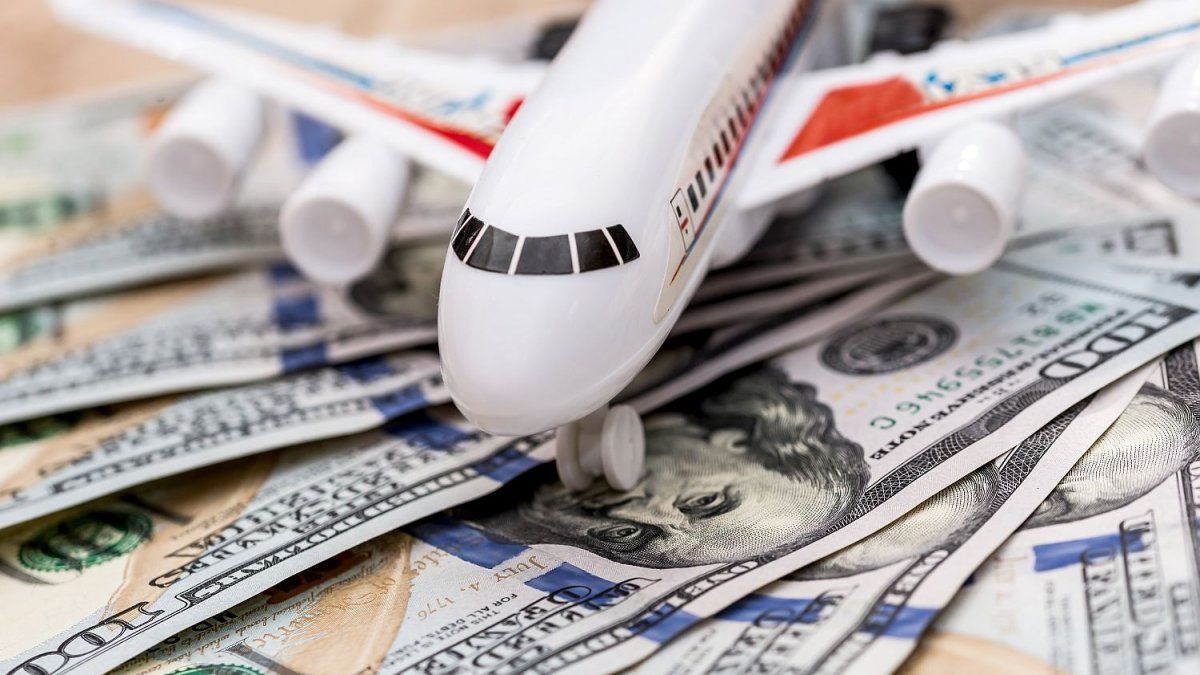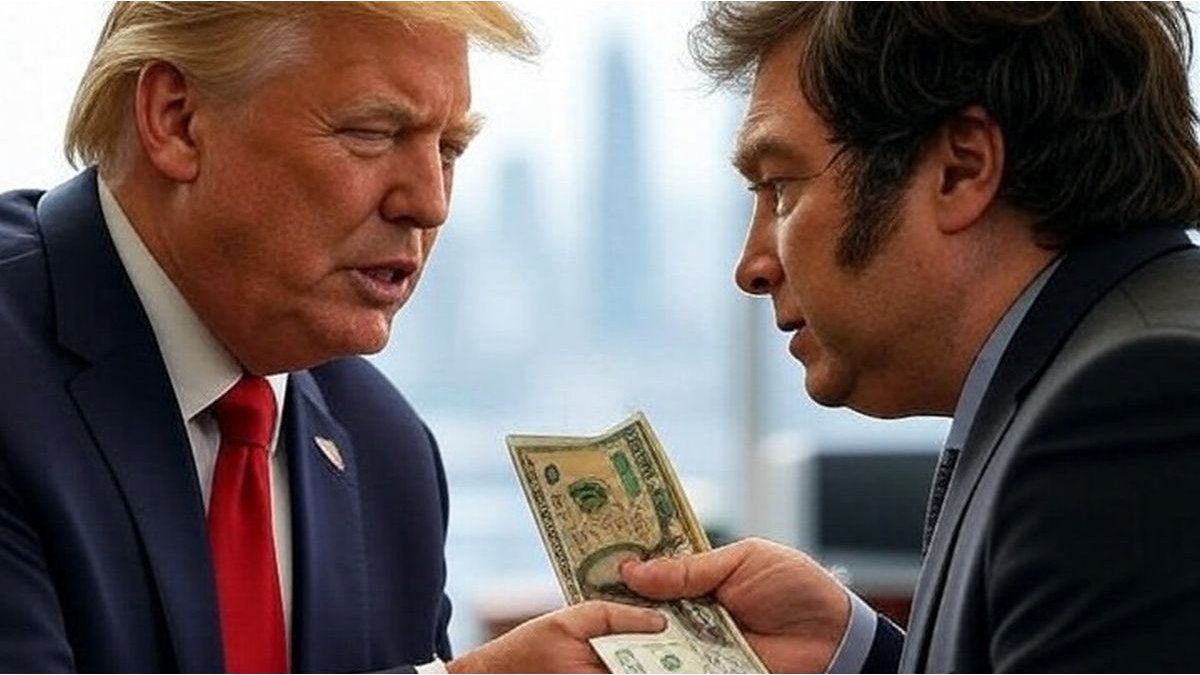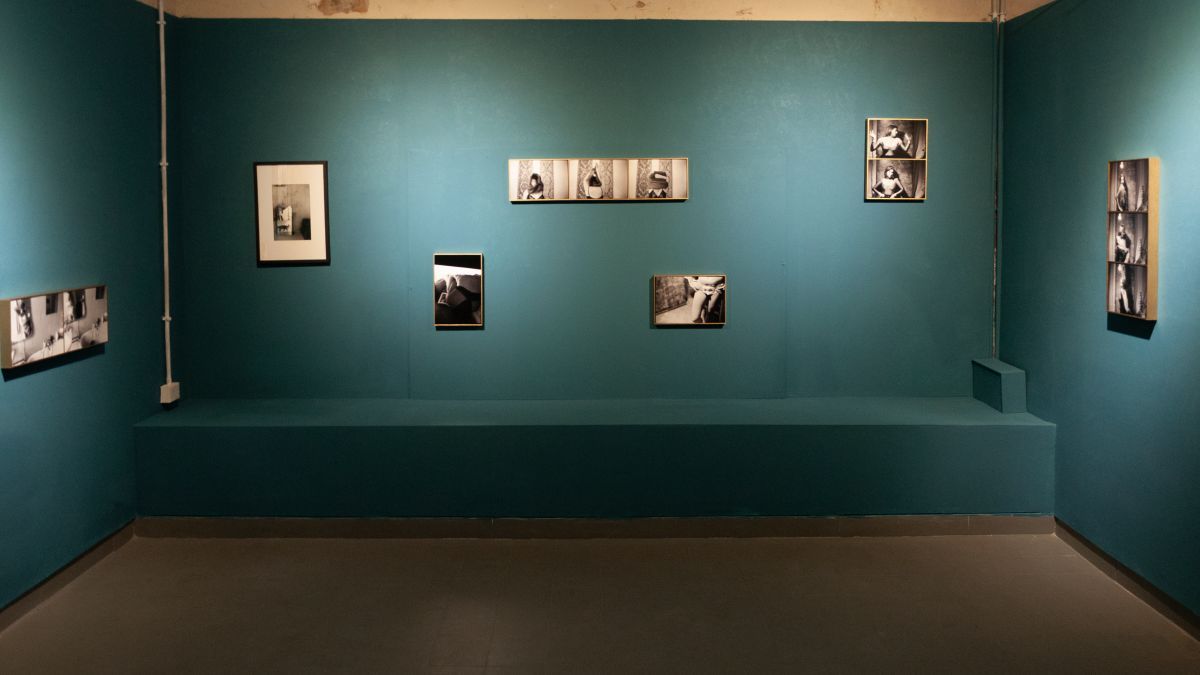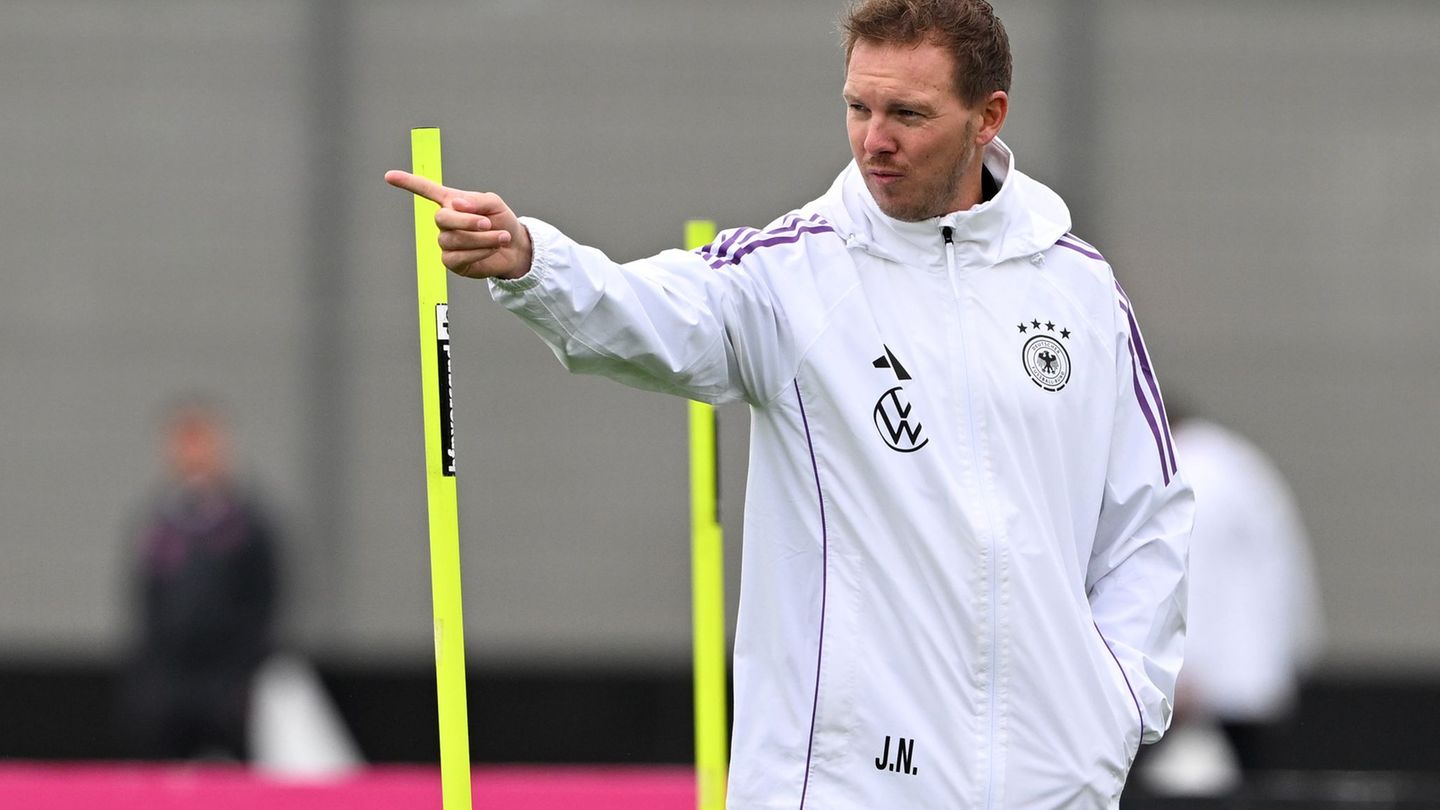In the middle of a strong fall in receptive tourism, The government analyzes applying a differential aliquot of VAT for the sector. As confirmed by the Secretary of Tourism, Environment and Sports of the Nation, Daniel Scioli, The model of some European Union countries would be imitated, where the value added tax for intensive employment is 10%. The official said they seek to make the most competitive cost structure without “devaluating, giving subsidies” and said that “Argentina is not a expensive country, it is a valuable country.”
The debate for the fragility of the external sector returned to the center of the scene last week, when INDEC announced that the current account deficit was more than US $ 5,100 million in the first quarter. The trips abroad greatly explained the leap of the deficit, consumed US $ 2,755 million above the revenues from the same item.
In May, The emissive tourism increased 48.9% year -on -year, while the receptive fell 10.1%. Reservations for the winter season do not rebound and grow up among entrepreneurs. Some destinations barely exceed 20%, although hoteliers agree that many people will decide at the last moment.
The government takes note of the problem. “We have to be very creative at this stage and carry out, with all areas of government, the necessary actions to ensure that receptive tourism grows ”SCIOLI said in an event of promotions of Buquebus and Aerolineas Argentinas in Uruguay.
How is the tourist VAT analyzed by the government?
As this medium anticipated, The Government analyzes applying a lower VAT aliquot for tourism -related activities. “We have to take the example of Europe when intensive labor sectors such as tourism is applied a differential rate of 10%VAT, this will help us obtain more competitiveness,” Scioli confirmed.
The official said that a more efficient tax structure must be had in a genuine way and “Do not seek competitiveness via devaluation or subsidies, which we know later the consequences it has”. The initiative was talked with companies in the sector. Strictly speaking, the Argentine Gastronomic Hotel Business Federation has been working on a similar proposal that was approached to the authorities.
Amid the debate for high prices in dollars that are visualized in different products of the local economy, Scioli said that “Argentina is not a expensive country, it is a valuable country” And that “many times receptive tourism has been subject to the exchange rate, when Argentina has all the conditions to be a destination chosen by its nature and cultural heritage.”
How does differential VAT in other countries?
The proposal in question is applied in different ways by a long list of countries that includes Peru, Ecuador, Uruguay and European Union countries. In the last case, a kind of tariff band governs by which community countries can move and define specificities according to the internal situation.
For example Spain has a general VAT of 21%, but hotel and gastronomic activities pay 10%. Italy has a general regime of 22% and applies the 10% differential to a series of even broader activities that in addition to hotel and gastronomy includes cultural services and transport, among others.
In the case of Uruguay, politics is even more aggressivein hotels VAT is exempt for foreigners and for the premises has a reduced aliquot of 9%. As far as gastronomy is 22%, but paying with credit or debit card there is a 9% return and if the card is foreign, the return is 100% in high season.
The sector sees the initiative with very good, but they know that the speed of the application will depend on the fiscal margin, which for now looks limited.
Source: Ambito




